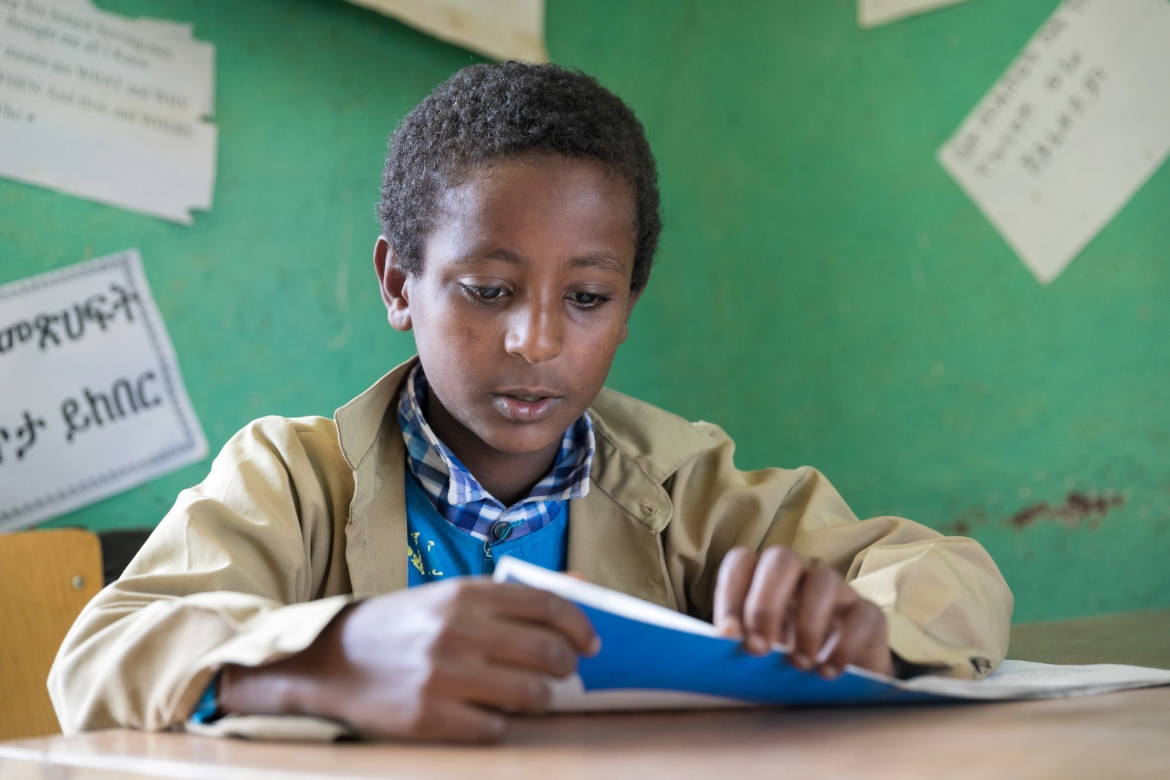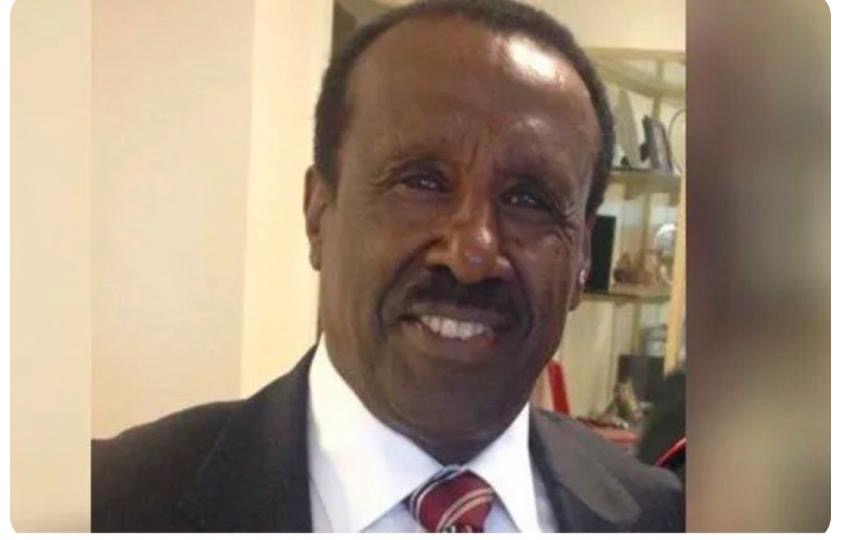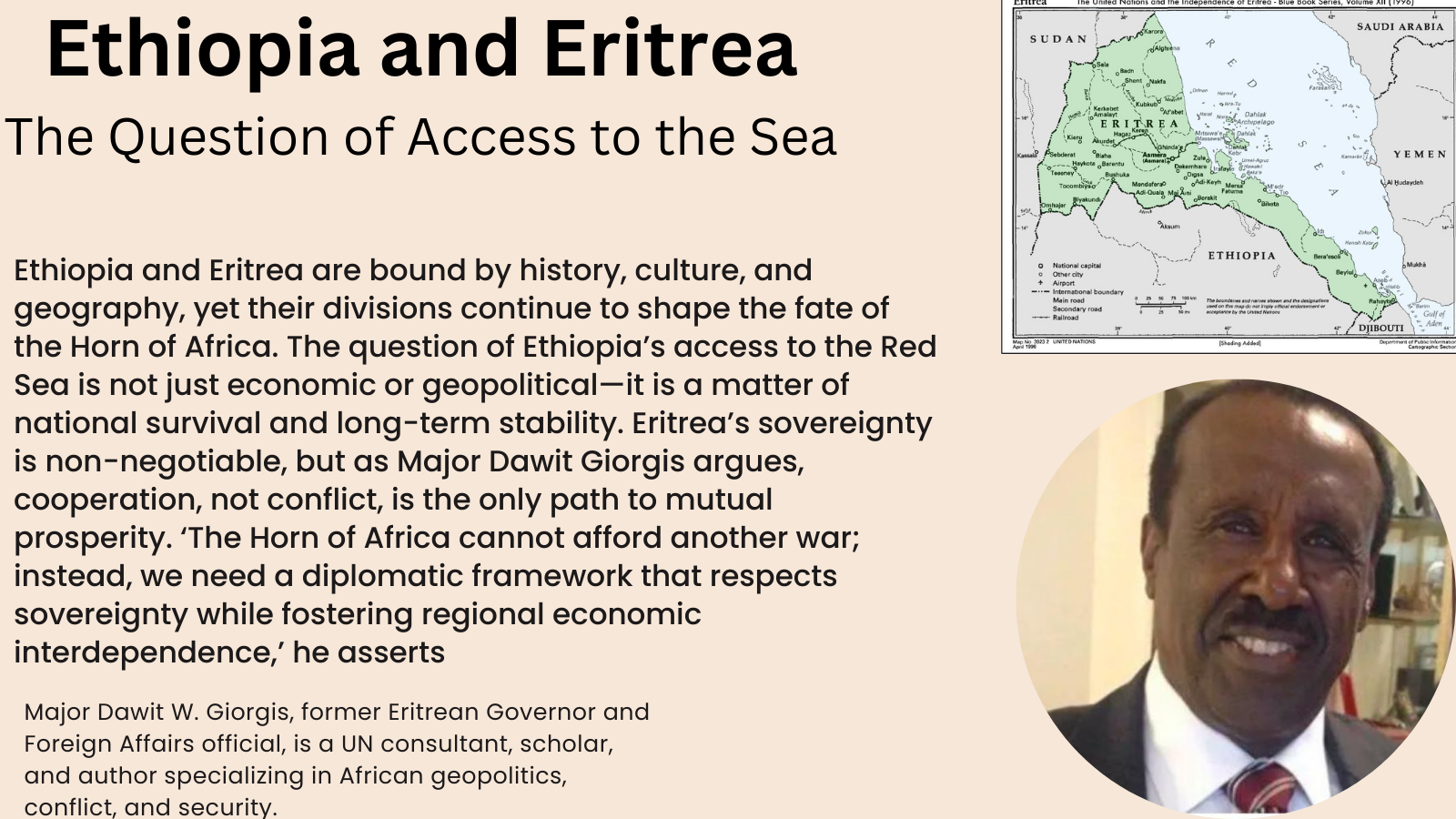The Silent Crisis: How Conflict and Neglect Are Stealing the Future of Ethiopia’s Youth

As the United Nations celebrated International Youth Day on August 12, 2024, with António Guterres emphasizing the need to empower young people to build a sustainable future for all, a different and grim reality unfolded in Ethiopia. While the world’s attention was focused on the promise of youth, millions of Ethiopian children faced the stark reality of an education system in collapse, victims of an ongoing and largely overlooked crisis.
A Nation’s Education Under Siege
The Ethiopian Human Rights Commission (EHRC) recently reported that over 5,500 schools across Ethiopia have ceased operations due to the twin crises of conflict and natural disasters. This has resulted in millions of children being cut off from their right to education, with their futures hanging precariously in the balance. The report underscores that education in Ethiopia is in a state of profound crisis, with over eight of the country’s 12 regions seeing more than 5,500 schools close their doors.
The most affected areas are those embroiled in the country’s ongoing conflicts, where schools have not just been abandoned but repurposed. In some regions, schools have become shelters for internally displaced persons (IDPs), and in others, they have been transformed into military camps. This repurposing of educational institutions is a grim reflection of the broader societal breakdown, where the sanctity of education is sacrificed to the harsh realities of war.
A Generation at Risk
The numbers are staggering. The EHRC estimates that over four million students are currently out of school, with the Amhara region alone accounting for more than 2.6 million of these displaced students. The impact of this educational disruption is profound, not just for the individual students but for the future of the nation.

Commissioner Rigbe Gebrehawaria, responsible for the rights of women, children, elders, and persons with disabilities at the EHRC, painted a bleak picture of the consequences. He highlighted that the disruption in education is leading to widespread violations of children’s rights. Female students, in particular, are being forced into early marriages, while other children are being exploited for labor or are fleeing their homes in search of safety. The absence of education is not just a loss of learning but a catalyst for a range of human rights abuses.
The Broader Implications of Neglect
The crisis is not confined to conflict zones. Even in areas that are relatively peaceful, the education system is faltering under the weight of economic neglect. Teachers in these regions are facing delays in receiving their salaries, leading to widespread school closures and further disruption of the education process. In the newly established Southern and Central Ethiopia regions, the failure to pay teachers on time has caused schools to shut down, leaving students without any access to education.
This economic strain is compounded by the physical destruction of educational infrastructure. In May, a drone strike targeted a school in Tere Kebelle in the Amhara region, killing civilians and injuring teachers during a parents’ association meeting. Such attacks not only devastate communities but also send a chilling message about the value placed on education in these conflict zones.
International Irony and a Call for Action
As the UN celebrates youth and their potential to shape a sustainable future, the situation in Ethiopia presents a cruel irony. While global leaders extol the virtues of youth empowerment, millions of Ethiopian children are being denied the most basic tool for their empowerment—education. The EHRC’s report highlights a deep and troubling disconnect between the rhetoric of international organizations and the reality on the ground in Ethiopia.
The international community’s focus on celebrating youth potential seems out of touch with the urgent needs of Ethiopian children, who are facing a generational catastrophe. The EHRC has called for immediate, coordinated action from Ethiopia’s Ministry of Education, regional education bureaus, and international non-governmental organizations to address this worsening crisis. The need for swift intervention is not just a matter of policy but of survival for millions of young Ethiopians whose futures are slipping away.
Conclusion: A Nation’s Future at Stake
The educational crisis in Ethiopia is more than just a temporary setback—it is a national emergency with long-term consequences. The lost years of schooling are irretrievable, and the damage being done to the country’s social fabric is profound. If left unaddressed, this crisis will not only rob millions of children of their futures but will also weaken Ethiopia’s prospects for peace, stability, and development in the years to come.
As the world looks to empower the next generation, Ethiopia’s youth stand on the precipice, facing a future that is increasingly uncertain. The time for action is now. Without it, the promise of a sustainable future for all will remain just that—a promise unfulfilled, and a generation lost.
Editorial Note : This news story is sourced from
BBC : https://www.bbc.com/amharic/articles/c984de5ygl5o
EHRC : https://ehrc.org/armed-conflicts-still/




